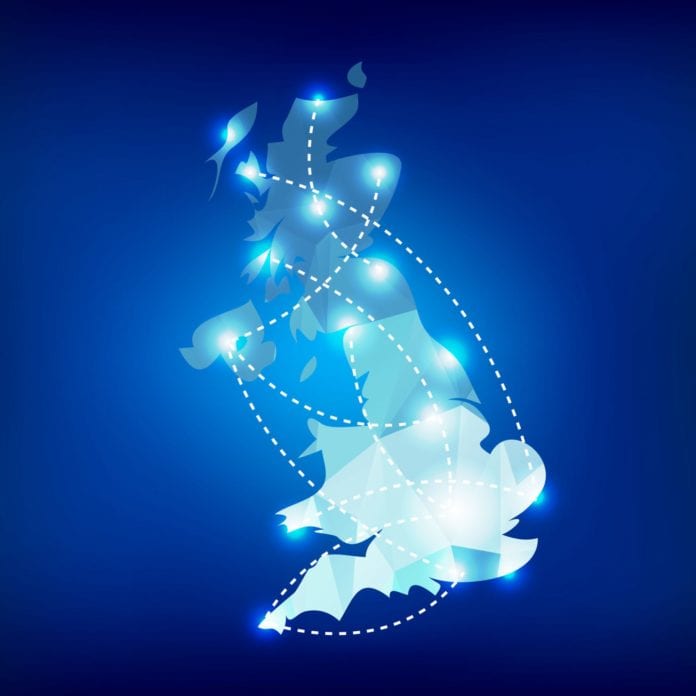The decision will allow the U.K. carrier to have access to 100 megahertz of contiguous 5G spectrum
UK telecoms watchdog Ofcom said it will allow local carrier Three UK to merge two separate blocks of spectrum, ahead of the company’s 5G launch scheduled for next year.
Three UK’s wholly owned subsidiary, Broadband UK (UKB), holds two different blocks of spectrum in the 3.6 Ghz band. The company owns two blocks of 84 megaherz at 3605-3689MHz and 3925-4009MHz.
Once the merger of spectrum is allowed, Three UK will have 100MHz of contiguous spectrum for its future launch of 5G.
“UK Broadband requested a number of changes to this license concerning the lower frequency block (3605 – 3689MHz), including: shifting it down by 5 MHz, surrendering 4 MHz of spectrum in that block, and changing the applicable technical conditions,” Ofcom said in a statement.
“Three and Broadband UK are very supportive of Ofcom’s provisional view that this is both appropriate and proportionate to vary UKB’s 3.6 GHz in each of the ways suggested by UKB; and that the proposed variation is also in line with Ofcom’s statutory duties, including to promote competition and the efficient management and use of spectrum,” Three UK said.
Rival carriers O2, Vodafone and EE opposed the move, saying that this approval by Ofcom will give Three UK an unfair market advantage. O2 said that the decision represented “a very poor outcome for the U.K.,” with the results of the variation agreement “transparently benefitting one mobile operator at the expense of all other operators and consumers.”
U.K. telcos are expected to launch 5G services during the last quarter of 2019.
In related news, Ofcom said that it expects to auction additional spectrum for the provision of 5G services during the second half of next year. Ofcom plans to make available two blocks of spectrum in the 700 MHz and 3.6-3.8 GHz bands.
The regulator said that the auction rules will include a number of coverage obligations for operators, in a move to boost rural connectivity across the country. Telcos will have to provide “good, outdoor data coverage to at least 90% of the U.K.’s entire land area within four years of the award,” and “[provide] coverage from at least 500 new mobile mast stations in rural areas,” Ofcom said.
“Mobile coverage has improved across the U.K. this year, but too many people and businesses are still struggling for a signal. We’re particularly concerned about mobile reception in rural areas,” said Ofcom’s Spectrum Group Director Philip Marnick. “As we release new airwaves for mobile, we’re planning rules that would extend good mobile coverage to where it’s needed. That will help ensure that rural communities have the kind of mobile coverage that people expect in towns and cities, reducing the digital divide.”

